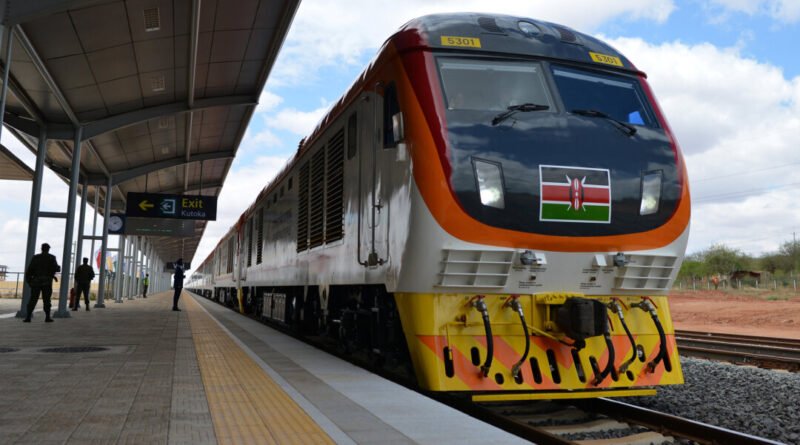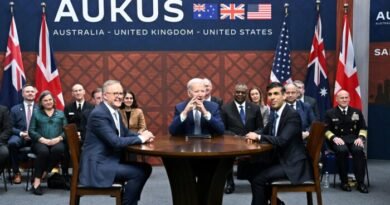The Unfulfilled Promises of China’s ‘Ghost Railway’ in East Africa
Beijing’s commitment to enhance trade through the construction of a railway link between Kenya, Tanzania, and Uganda remains unmet.
When the China Road and Bridge Corporation (CRBC) started building the Standard Gauge Railway (SGR) in Kenya in 2014, Beijing claimed that the project would be one of its top accomplishments under the Belt and Road Initiative (BRI).
The Chinese Communist Party had introduced the BRI a year before, promising vast infrastructure developments that would stimulate stagnating economies around the world, including in Africa.
It was touted that the SGR would eventually connect the entire East African region, including Kenya, Tanzania, and Uganda.
Notably, these countries traditionally used trucks to transport goods between one another. However, East Africa’s road infrastructure is widely known to be insufficient, resulting in lengthy transport times and a high rate of road accidents.
The Chinese-built rail network was deemed crucial in expediting trade and transportation, thereby generating billions of additional dollars in revenue for the countries annually.
However, nearly a decade later, a significant portion of the SGR remains incomplete, leaving Kenya to repay loans of nearly $5 billion obtained from Chinese banks.
The China Road and Bridge feasibility study, presented to the Kenyan parliament in 2014, had claimed that the railway would greatly benefit by transporting 22 million tons of freight annually, or 20 trains per day. Nonetheless, recent analysis suggests a significant underperformance in the SGR’s freight transportation capacity compared to original projections.
In addition, the SGR deal signed by China and the former government had been declared illegal by the country’s highest court due to the lack of a competitive tender process and the secret terms of the loan were kept from the public. Kenya is currently facing high levels of debt, mainly owed to Chinese loans, impairing the country’s financial freedom.
There have also been discrepancies in how the SGR project’s success is portrayed, with the Kenyan government acknowledging a loss of $200 million in 2021.
Economists and analysts have raised concerns about the negative impact of the SGR on Kenya’s economy and have emphasized the lack of transparency in BRI agreements between African countries and China. It is noted that African countries should strive for independence and leaders should not enslave their countries to major powers, including China.




